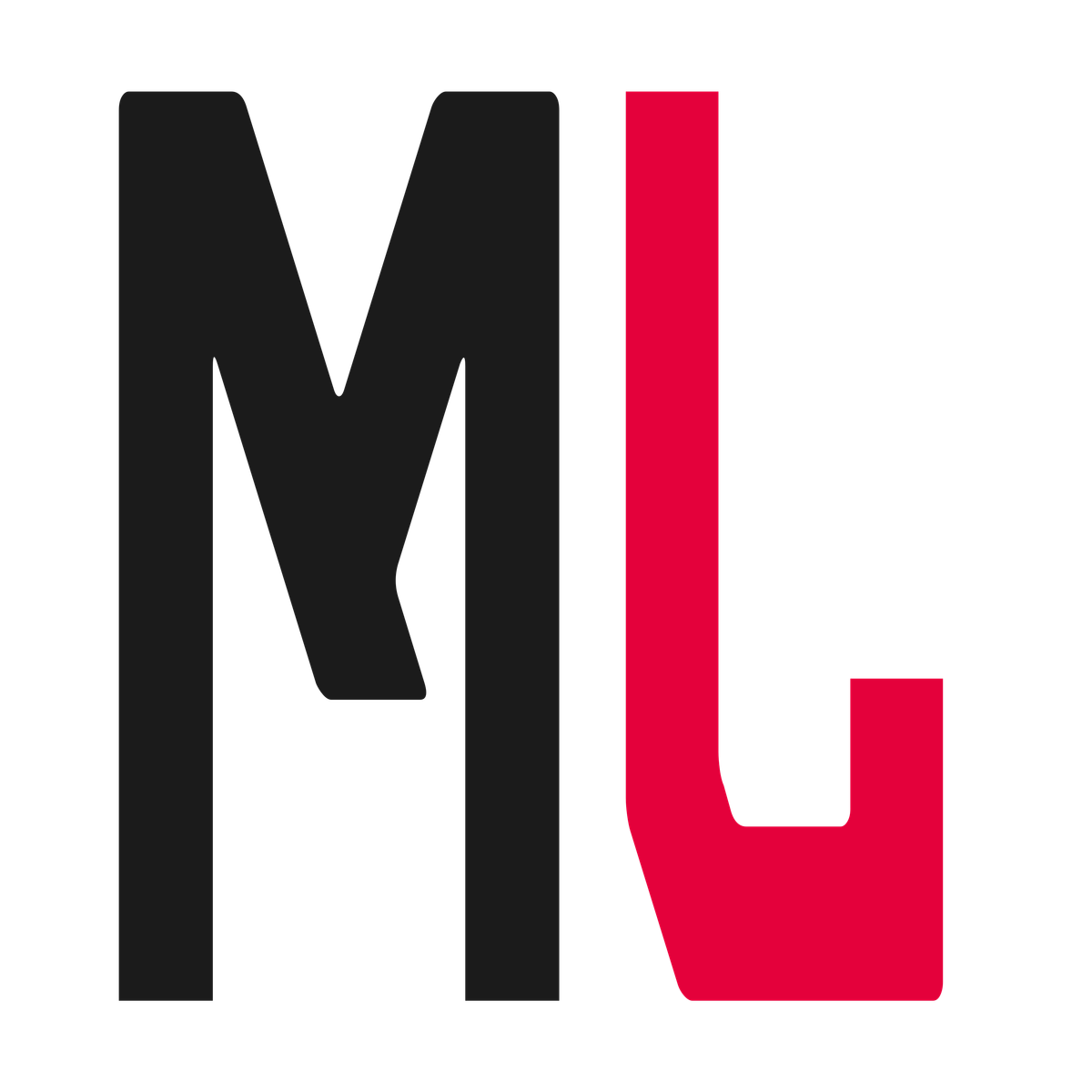
A spectre is haunting the world—the spectre of climate change. Another haunts Europe—the far right. Chauvinism rises; the left falters. Progressives resist, but without a radical political economy. Sovereigntists drift into complicity. Technocrats offer only inertia.
These are symptoms of a deeper malaise afflicting the left: intellectual hollowing, ethical confusion, political marginalisation, and strategic naivety.
Intellectually, the decline is clearest in the absence of a coherent political economy. The collapse of both Marxism and Keynesianism has left a void—now filled with recycled dogmas dressed up as innovation, occasionally updated with frameworks like Modern Monetary Theory. Worse still, the fixation on critiquing neoliberalism has blinded much of the left to the deeper logic of the market society—Adam Smith’s term for a system where social life is coordinated through prices and exchange. In reducing capitalism to “neoliberalism,” the left mistakes an institutional form for the root dynamics of capitalism itself.
Ethically, two failures stand out. One wing confuses ethics with purity rituals; another indulges in cynical apologetics for authoritarianism. The first abandons responsibility in a morally complex world; the second betrays the left itself. Ethics must guide the building of institutions and shape political action, but politics is not a morality play. It demands judgment, compromise, and the weighing of outcomes in a messy, morally grey reality.
Politically, the left lacks a rooted base. There is no mass working-class movement grounded in solidarity, mutual aid, and organisation, as in the early 20th century. Elites now exploit working-class chauvinism without fear of organised resistance. The masses are no longer a counterforce; they are mobilised in service of fascism and national populism. In Rochau’s Realpolitik, ideas are powerless unless anchored in a social base. Today, no such base exists. Rebuilding international proletarian solidarity—fit for the 21st century rather than nostalgic for the 20th—must be the starting point for any left movement seeking real power.
Strategically, the left fails to balance principle with pragmatism. Too often expediency is mistaken for realism. This is evident in campism, especially the Maoist “Third Worldism” that divides the globe into an imperialist West and an anti-imperialist East/South. By this logic, imperialist power plays—such as Russia’s invasion of Ukraine—are declared “anti-imperialist” simply because they oppose the West. These distortions paralyse judgment. Worse still, some leftists converge with the far right through Querfront tactics, aligning populist forces across the spectrum in opposition to the establishment. Such convergence creates the intellectual space in which fascism can grow.
A serious left must reject both campism and Querfront. It must ground itself in internationalism, demonstrating solidarity across state and national divides, while recognising that navigating the Anthropocene requires new forms of global governance and political structure. We must look beyond camps and nationalism, toward a cosmopolitan spirit that respects distinct identities, including national ones, without turning them into absolutes. Realism should inform analysis; it must not excuse betrayal of principle.
This is why the MacroLab is needed. The existing left flounders between Charybdis and Scylla and must learn to steer a course through the Strait of Messina. MacroLab will be a workshop for systemic analysis, philosophical inquiry, and strategic thought about political economy, the biosphere, and what emancipation entails—equipping the left to regain coherence, power, and vision.
We'll construct a template for what a non-statist socialist economy and society would look like, especially institutionally.
For the question before us is fundamental:
How can we build an ecologically sustainable system that exercises power effectively, while also being anti-power in promoting liberty and equality for all?

